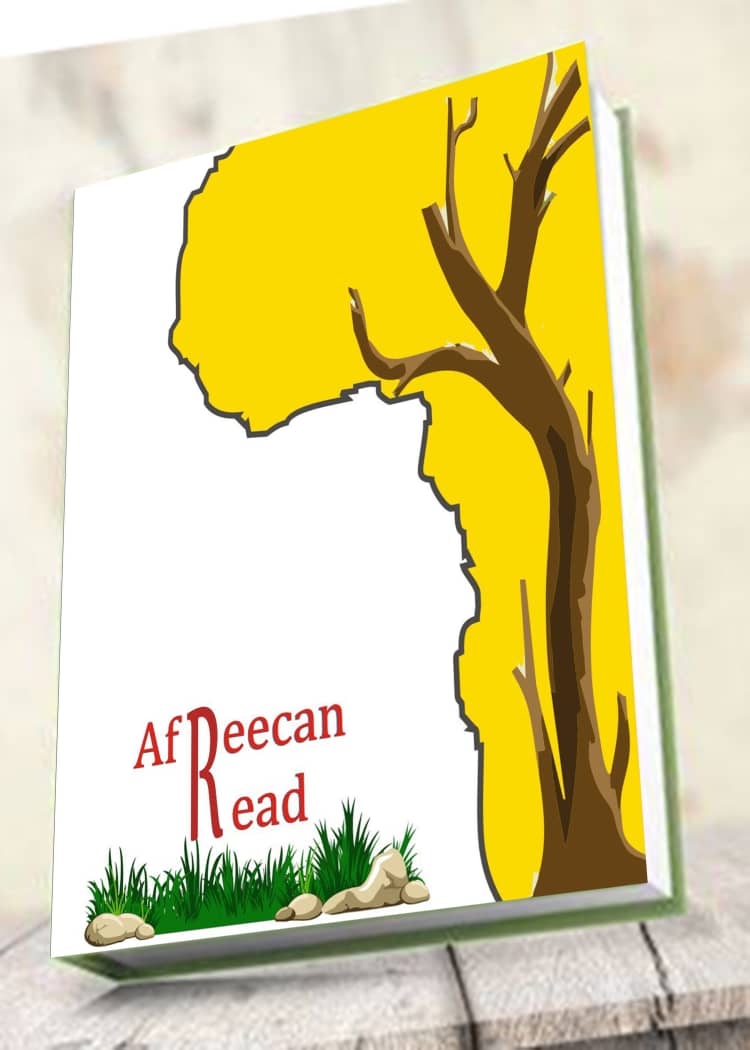In commemorating sixty years of Nigeria’s independence from the British Colonial Administration in 1960, we curated a list of books that have formed, and are still shaping the frame of reference about Nigeria; her culture, philosophy, history and people. We cannot help but marvel at the wealth of stories written about Nigeria, which maps out Nigeria as a hot spot for the African literary art, and a high podium from which Nigerians speak about Nigeria. Here are ten, out of many books, by Nigerians to read if you want to visit Nigeria without having to travel or to come in contact with Nigerians, not as abstract universal phenomena but as particular individuals and places.

1. Lagos Noir: published in 2018, is an anthology of short stories set in the biggest megacity of Africa—edited by Chris Abani. Abani and a dozen other contributors tell stories that are both unique to Lagos and universal in their humanity.

2. 29, single and Nigerian: published in 2016, is a coming-of-age story of a young girl in a low-class Nigerian home who later leaves her hometown Ikot Ansa for Lagos. Occupied with the ambition of “making it big” in order to assist her poor family back home, Enikan clashes with the reality of the city playing against her. With the stigma that accompanies the state of being unmarried in Nigerian homes, Enikan’s family adds to the challenges she is facing in Lagos with the pressure to get married before she turns 29. This book is an emotionally gripping, mesmerizing, and humorous tale of being a 29-year-old, single Nigerian lady. No reader forgets this book in a hurry.

3. Be(com)ing Nigerian: published 2019, this is a satirical guide to the everyday Nigerian life. Elnathan writes on pressing issues from which we shy away in Nigeria. From the exploration of religious hypocrisy to inequality in matters of the heart: politics, business, religious institutions, and in homes. If you’ve ever wondered what it means like to be a Nigerian or have plans of visiting the country someday, you should definitely get this book.

4. Half of a Yellow Sun: published 2006, this novel illuminates a seminal moment in modern African history: Biafra’s impassioned struggle to establish an independent republic in southeastern Nigeria during the late 1960s. We experience this tumultuous decade alongside five unforgettable characters: Ugwu, a thirteen-year-old houseboy who works for Odenigbo, a university professor full of revolutionary zeal; Olanna, the professor’s beautiful young mistress who has abandoned her lush life in Lagos for a dusty town and her lover’s charm; and Richard, a shy young Englishman infatuated with Olanna’s willful twin sister Kainene.

5. Season of Crimson Blossom: published 2015, it is about an illicit affair from a conservative Muslim community, between a twenty-five-year-old street gang leader, Hassan Reza, and a devout Muslim fifty-five-year-old widow and grandmother, Binta Zubairu, who yearns for intimacy after the sexual repression of her marriage and the pain of losing her first son in Nigeria.

6. The Bride Price: published in 1976, this great literary classic follows a young Nigerian woman who rejects the patriarchal traditions of her culture to find love and happiness in the western world. With pure honesty and subtle protest, Buchi Emecheta chronicles the unfair pressure and ultimate demise that women often suffer in Nigerian lore.

7. Stay with Me: published in 2017 gives voice to both husband and wife as they tell the story of their marriage—and the forces that threaten to tear it apart. An electrifying novel of enormous emotional power, Stay With Me asks how much we can sacrifice for the sake of family.

8. Ake: published 1981, Ake is a classic of African autobiography on the story of Wole Soyinka’s boyhood before and during World War II in a Yoruba village in Southwestern Nigeria called Aké. A relentlessly curious child who loves books and the adventure of getting into trouble, Soyinka grows up on a parsonage compound, raised by Christian parents and by a grandfather who introduced him to Yoruba spiritual traditions

9. Things Fall Apart: Unarguably the most famous of African literature, published in 1958, two years before Nigeria gained independence. This is a classic novel about Africa’s cataclysmic encounter with Europe as it establishes a colonial presence on the continent. Told through the fictional experiences of Okonkwo, a wealthy and fearless Igbo warrior of Umuofia in the late 1800s, Things Fall Apart explores one man’s futile resistance to the devaluing of his Igbo traditions by British political and religious forces and his despair as his community capitulates to the powerful new order.

10. Chibok Girls: published 2016, Helon bears witness to the 276 young secondary school girls who went missing on April 24, 2014 as organized by the Boko Haram terrorist group. Most of the girls will never be found again. Acclaimed Nigerian novelist Helon Habila, who grew up in northern Nigeria, returns to Chibok and gains intimate access to the families of the kidnapped to offer a devastating account of this tragedy that stunned the world and brought Boko Haram to the spotlight of notoriety.

Recent Comments